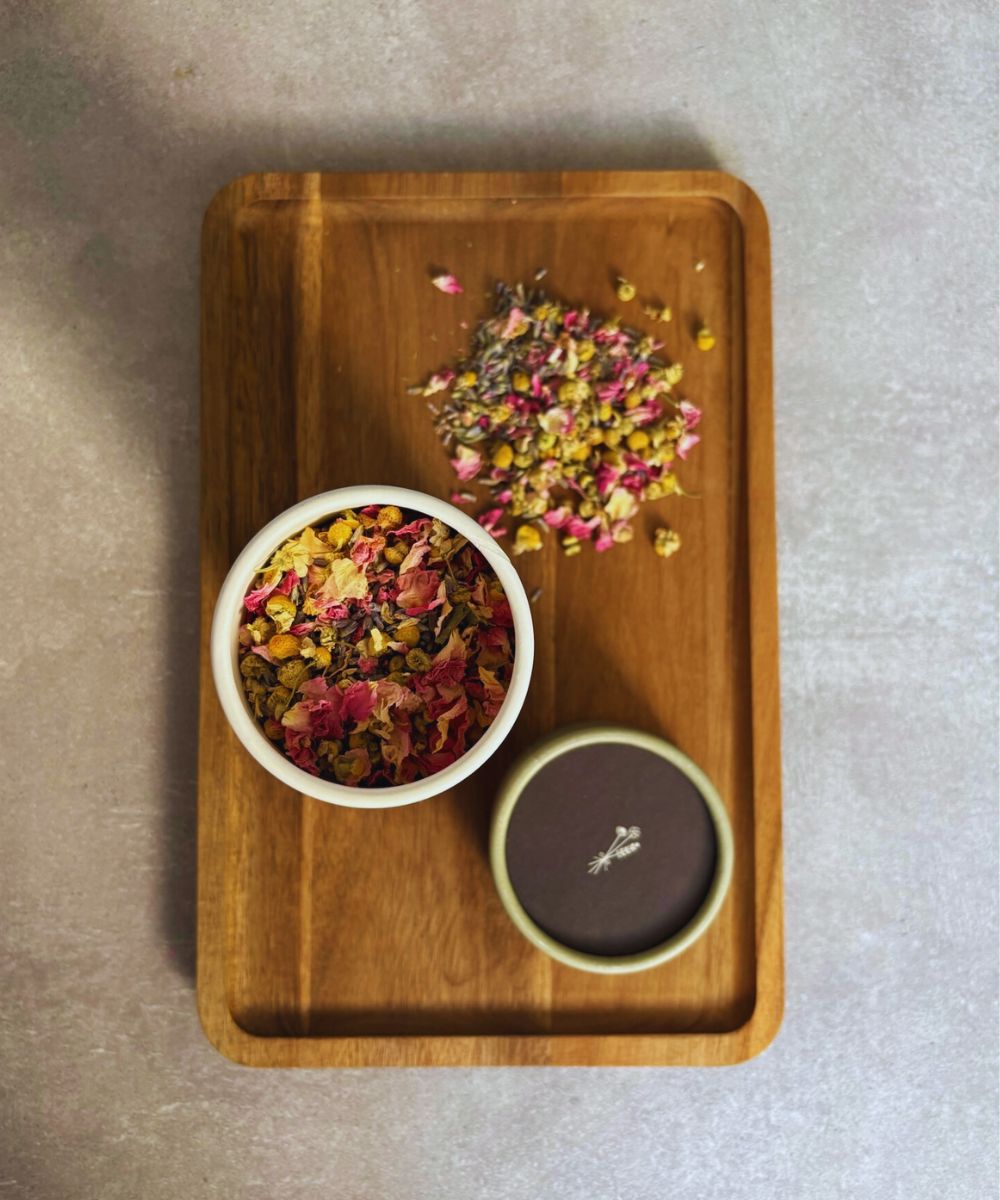
Rosa - the holy ancient herb
Share
Rosa damascena, commonly known as the Damask rose, has been esteemed for centuries for its aromatic qualities and therapeutic properties. Modern scientific research has begun to substantiate many of these traditional uses, highlighting a range of health benefits associated with this fragrant flower.
Persian and Ayurvedic Medicine
In Persian traditional medicine, Rosa damascena was commonly used as a remedy for digestive disorders, headaches, and inflammatory conditions. It was believed to have cooling properties, making it useful for fevers and heat-related ailments. Similarly, in Ayurveda, the ancient Indian healing system, rose petals were used to balance the body's doshas (bio-energies), particularly Pitta dosha, which is associated with heat, anger, and inflammation. Rose preparations, such as rose water and rose jam (Gulkand), were consumed to aid digestion, relieve constipation, and enhance mental well-being.
Health Benefits of Rosa damascena
1. Antioxidant Activity
Rosa damascena is rich in phenolic compounds, which are known for their antioxidant properties. These antioxidants play a crucial role in neutralizing free radicals, thereby reducing oxidative stress in the body. Research has shown that both the essential oil and various extracts of the petals exhibit strong antioxidant activities, which may help in preventing chronic diseases related to oxidative damage, such as cardiovascular diseases and certain cancers.
2. Relaxant and Antidepressant Effects
The relaxant properties of Rosa damascena have been observed in various studies. The aqueous and ethanol extracts of the flower have shown effects on the respiratory system by inhibiting tachykinin and reducing citric acid-induced coughs in animal models, indicating bronchodilatory and antitussive effects. Additionally, the essential oil has demonstrated antidepressant effects by decreasing lipid peroxidation and increasing antioxidants in the cerebral cortex. These findings suggest potential benefits in managing respiratory conditions and mood disorders
3. Digestive Health
Traditionally, Rosa damascena has been used to support digestive health. It may help alleviate symptoms such as constipation and indigestion, promoting a healthy digestive system. While scientific studies specifically on its effects on digestion are limited, its traditional use suggests potential benefits in this area.
Safety and Considerations
While Rosa damascena is generally considered safe for most individuals, certain considerations should be kept in mind:
Allergic Reactions: Individuals with allergies to roses or related plants should exercise caution, as exposure to Rosa damascena could trigger allergic reactions, including skin irritation and respiratory issues. terrawhisper.com
Pregnancy and Breastfeeding: There is limited scientific data on the safety of using Rosa damascena during pregnancy and breastfeeding. It's advisable for pregnant or nursing individuals to consult with a healthcare provider before incorporating products containing Rosa damascena into their routine.
Conclusion
Rosa damascena offers a range of potential health benefits, including antioxidant, relaxant, and digestion-soothing properties. These effects are supported by scientific research, validating many traditional uses of this aromatic flower. Consulting with a healthcare professional before incorporating new herbal products into your routine is advisable, especially for those with existing health conditions or those who are pregnant or breastfeeding. Incorporating Rosa damascena into a balanced lifestyle can be a delightful way to enjoy its potential benefits while appreciating its unique fragrance and flavor.
Sources
Boskabady MH, Shafei MN, Saberi Z, Amini S. Pharmacological effects of rosa damascena. Iran J Basic Med Sci. 2011 Jul;14(4):295-307. PMID: 23493250; PMCID: PMC3586833.
Mahboubi M. Rosa damascena as holy ancient herb with novel applications. J Tradit Complement Med. 2015 Oct 30;6(1):10-6. doi: 10.1016/j.jtcme.2015.09.005. PMID: 26870673; PMCID: PMC4737971.

